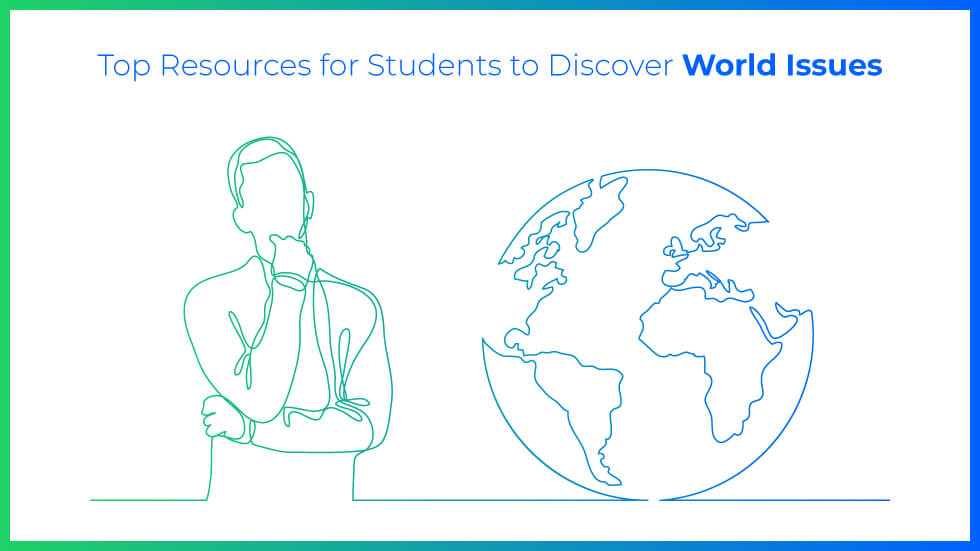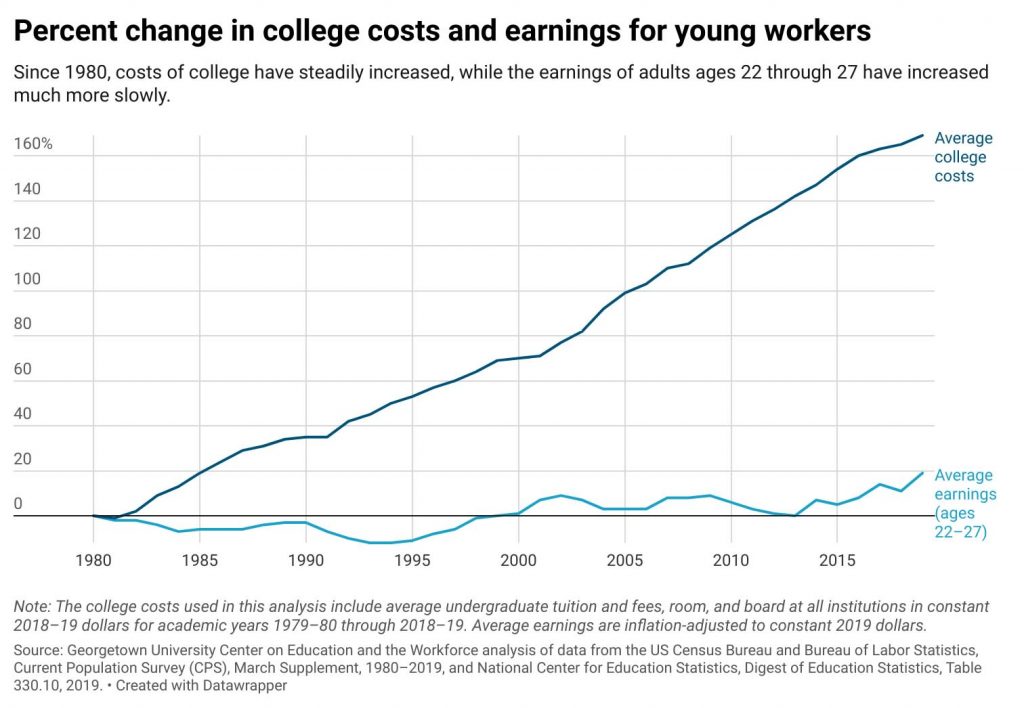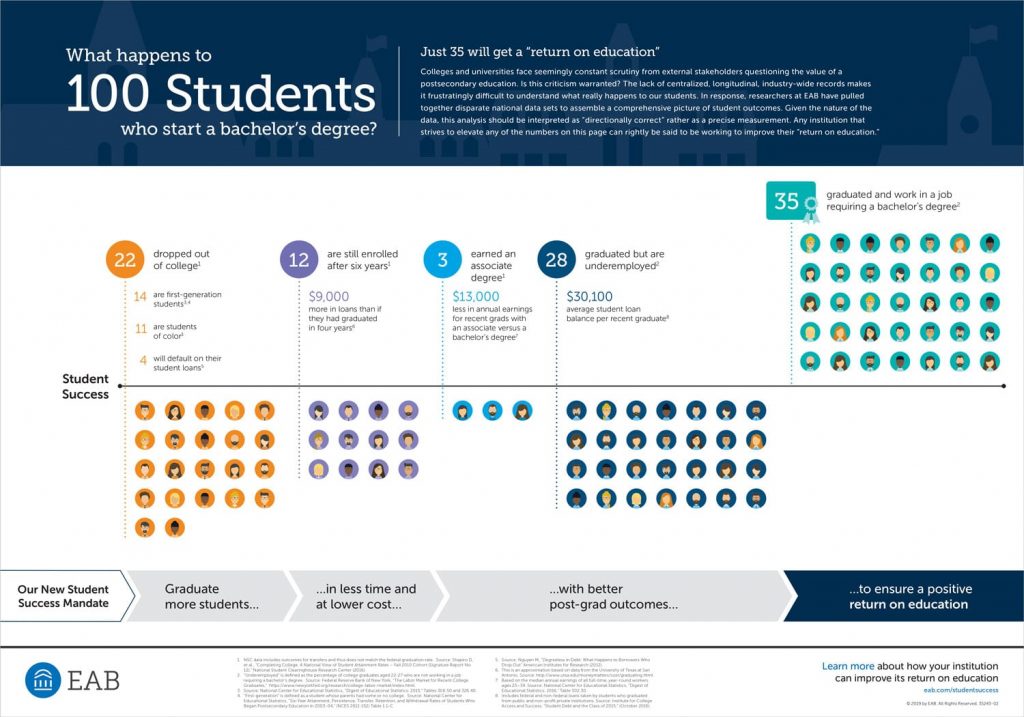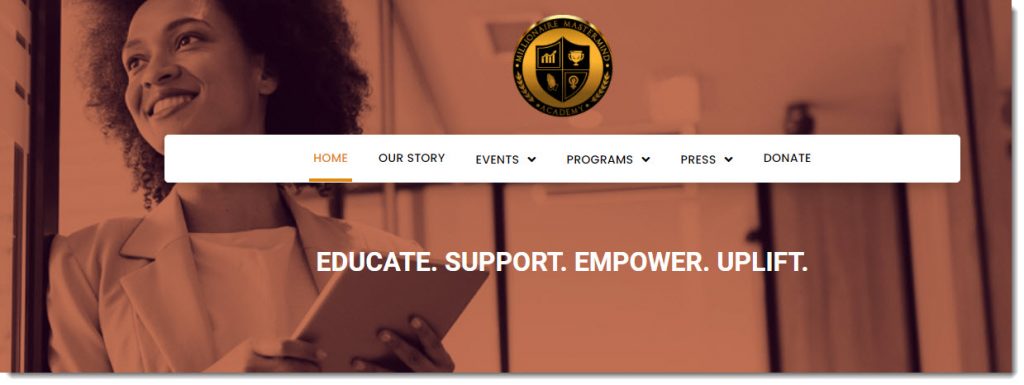How Design Thinking Transforms Communities, One Project at a Time — from gettingsmart.com by Kyle Wagner and Maggie Favretti
Key Points
- For many, entrenched in an outdated system, what if’s are the stuff of science fiction.
- Too many structures hold this kind of innovation back — from standardized tests, to grades, to unwavering curriculum.
- Design Thinking can transform communities.
#Whatif
What if every course began with a single Essential Question?
What if people were rewarded for having ideas and not ownership of them?
What if every student experienced success in solving a community problem?
What if school buildings were leveraged as community centers?
What if success in school was measured based on contribution to your community, rather than rote knowledge?
What if every learner could co-author their learning journey?














